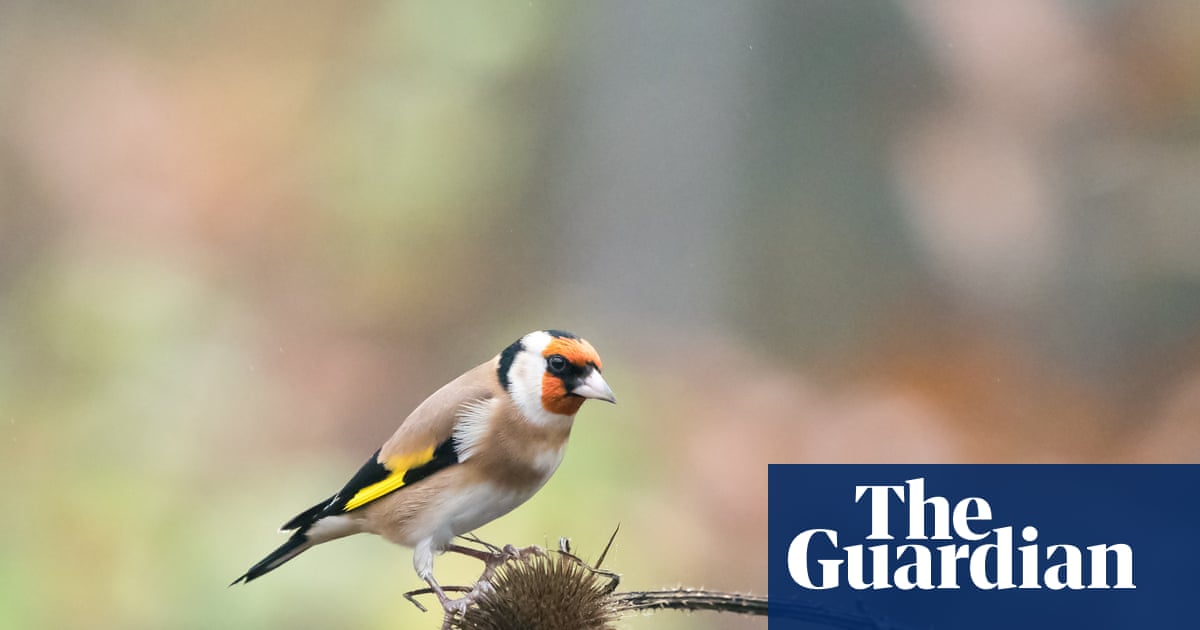
"Urban birds stay up significantly later than their rural counterparts, according to research that highlights the impact of light pollution on wildlife. The study, based on recordings submitted by bird enthusiasts to a popular species identification and mapping website, showed that light pollution caused birds to sing for an average of 50 minutes longer each day, with some species waking up an hour earlier and settling down for the evening an hour later."
"There is already evidence for detrimental effects on human health and concerns that many species are affected, with negative consequences including die-offs of insects and the disruption of migration patterns in bats and sea turtles. The latest study used bird recordings submitted to BirdWeather, a citizen science project that allows users to submit recordings from birds in their local area to produce a global live library of birdsong and which uses AI to allow users to identify birds in their gardens."
Light pollution lengthens urban birds' active period by an average of 50 minutes per day, with some species beginning activity an hour earlier and ending an hour later. Vocalisation data comprised 2.6 million morning and 1.8 million evening recordings across hundreds of species, matched to global satellite measurements of nighttime light. Species with relatively large eyes exhibited the strongest behavioural responses to artificial lighting. Artificial light now affects roughly 23% of Earth's surface and is intensifying. Documented ecological consequences include insect die-offs, disrupted migration in bats and sea turtles, and potential human health impacts.
Read at www.theguardian.com
Unable to calculate read time
Collection
[
|
...
]